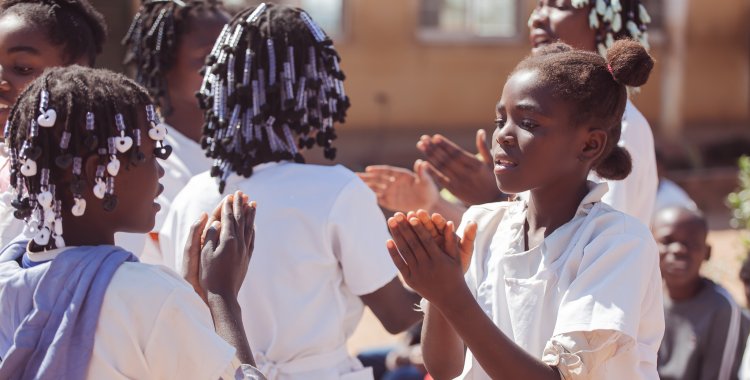The 2024 General State Budget (OGE) – which estimates revenue and sets expenditure of 24.7 billion kwanzas – includes an allocation of 1.6 billion kwanzas for Education, representing a nominal increase of 1.2 percent compared to the 2023 Budget.
Despite the increase in funding, which rose from 20.1 billion kwanzas in 2023 to 24.7 billion kwanzas in 2024, the percentage of the total value of the OGE allocated to education fell to 6.4 percent compared to 7.7 percent in the previous year, according to the UNICEF analysis presented this Thursday in Luanda.
UNICEF also notes that there is a smaller proportion of resources allocated to education compared to the last five years.
The analysis states that Angola is still far from achieving the goals set out in the 2015 Incheon Declaration (which requires quality, inclusive and equitable lifelong education for all by 2030), which recommends allocating 15 percent of the total state budget to education.
In this analysis, the United Nations Children's Fund advocates reviewing the budget allocation for the sector, which is scheduled for this year and represents around 2 percent of the Gross Domestic Product (GDP), "since education is fundamental to the country's growth".
Secondary education, with 629.7 billion kwanzas, was the budget line that benefited most from the 2024 state budget, followed by pre-school and primary education, which are included in this budget with 505 billion kwanzas, and higher education with 302.8 billion kwanzas.
UNICEF Angola notes that the allocation for pre-school and primary education decreased compared to the previous year, noting that despite the largest proportion of the student population being enrolled in pre-school and primary levels, secondary education continues to receive the largest share of the education budget.
The UN agency also considers that investment in early childhood education plays a fundamental role in the cognitive, emotional and social development of children, advocating for Angola to have "adequate funding for primary education in order to guarantee universal access to quality education".
Setting as a priority the progressive allocation of the education budget to 15 percent in the medium term, preparing and publishing a real assessment of the National Development Plan (PDN 2028-2022) for the education sector, providing a regular basis of qualitative and quantitative data for the sector and the need for continued investment in pre-school education are among UNICEF's recommendations to the Government.







